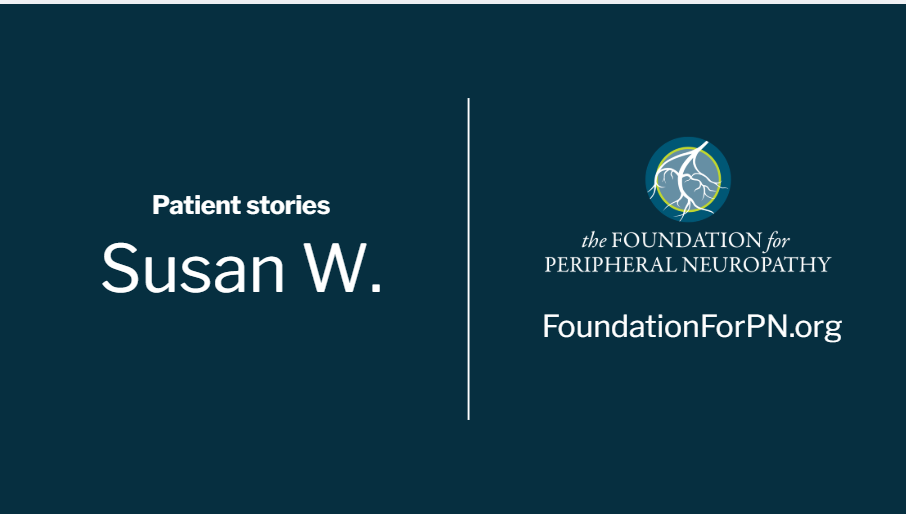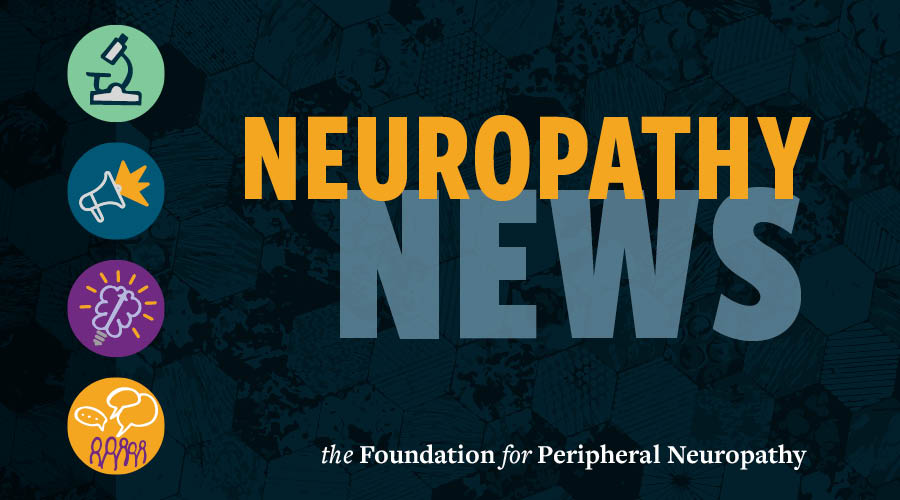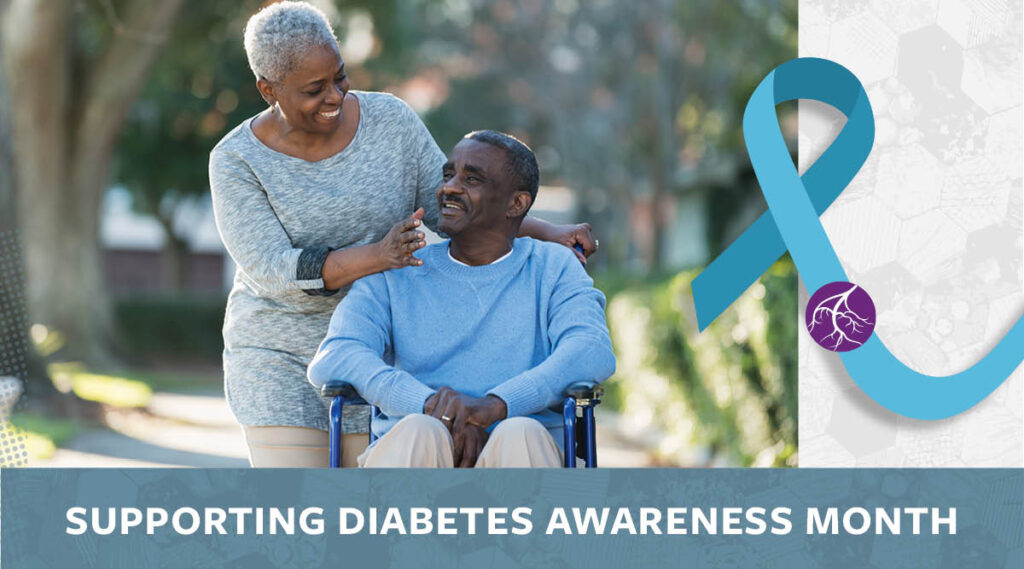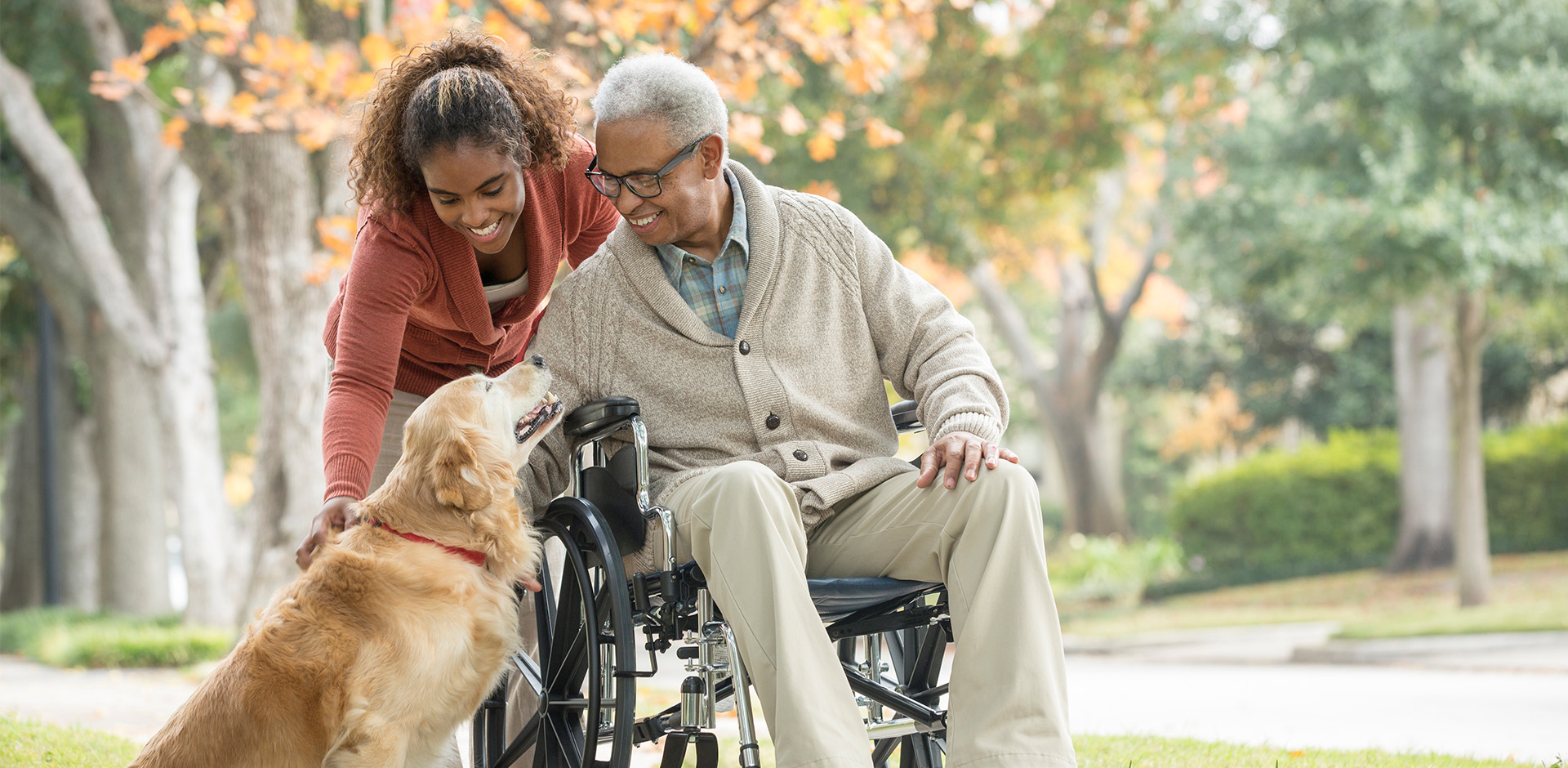eNews April 2024
SAVE THE DATE! We are gearing up for Peripheral Neuropathy Awareness Week, which will be held from May 5 through May 11. If you’d like to help us by asking your local leaders to support our national endeavor, please take a few minutes to fill in this template with the requested information and let us know who you contacted.
Learn more about PN Awareness Week and our campaign to raise $100,000 in May.

Peer Reviewed Medical Research Program (PRMRP) now accepting proposals for PN research funding
Due to our advocacy efforts, Congress has once again included peripheral neuropathy as an eligible condition for study in the Department of Defense’s (DoD) Peer Reviewed Medical Research Program (PRMRP). This program is designed to improve the health, care, and well-being of all military service members, veterans, and their families through research funding. The budget up for grabs is $370M, and we would like to see PN get its fair share of funding.
Program announcements and submission instructions are available online.

Patient Profile: Meet Chris
A dedicated and resilient individual living in Madison, Wis., Chris has led a remarkable life. However, life’s journey took an unexpected turn when Chris, a diabetic, found himself neglecting his health, unwittingly paving the path for peripheral neuropathy to enter his life.

FPN Webinar Wednesday, April 10: Understanding PN associated with kidney disease
Ruchika Batwara, MD, a nephrologist in the Mount Sinai health system, will explore the connection between kidney disease and nerve health. This webinar will focus on neuropathic symptoms and everyday challenges faced by patients with kidney disease, along with prevention and treatment strategies. The needs of patients undergoing dialysis and the dual challenges faced by having PN will also be discussed.

Good habits to help ease PN
In a recent article from FAP News Today, some helpful tips were shared that can help ease symptoms of peripheral neuropathy. A healthy diet, movement, and comfy footwear are the few that are highlighted.

The Future of Chemotherapy: The Mechanisms and Benefits of Exercise
We know that toxic chemotherapies damage the peripheral nerves, alters sensations in the hands and feet, causes burning and shooting pains, and impairs a patient’s quality of life. There is only one pharmacological agent (Duloxetine) for treatment; however, it only has mild benefit, signaling a critical need for alternative management options to manage patient symptoms.
This narrative, as written by FPN’s volunteer Sumedha Shastry, reviews research articles investigating the effect of different exercise programs for patients.

In case you missed it
If you’re interested in reading our past newsletters, they’re available in our Resource Library.
Also, in case you missed any of our educational programs, we encourage you to check out our webinar recordings.
Please contact us at [email protected], if you have any questions or need help locating any of our resources.







